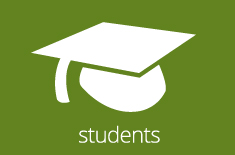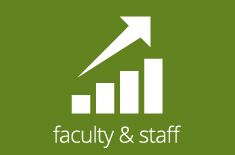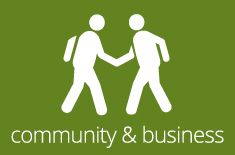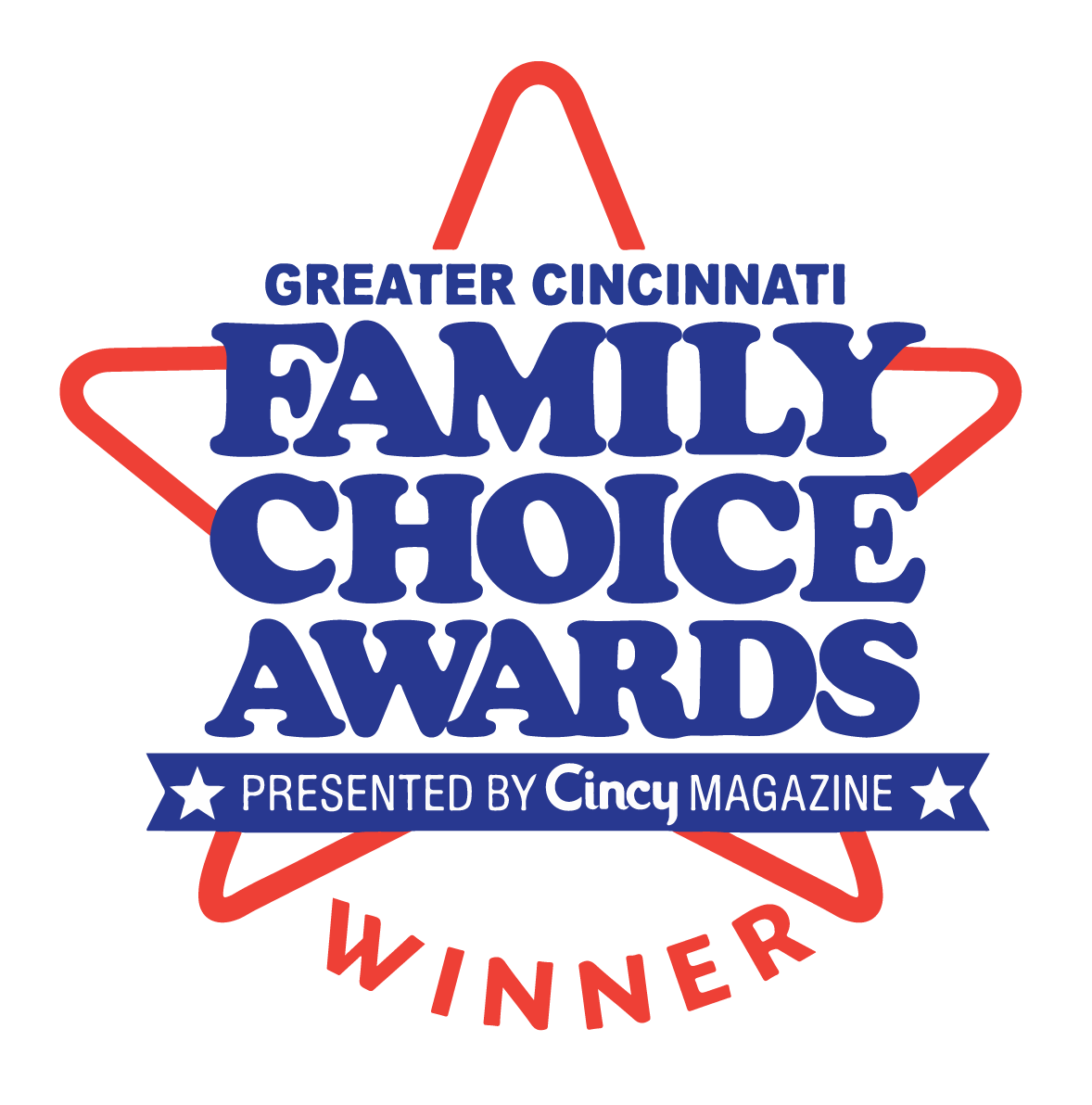Accreditation
Southern State Community College is accredited by the Higher Learning Commission (HLC).
The 2025-2026 HLC comprehensive reaffirmation visit is April 13 & 14, 2026. SSCC is on the Open Pathway. This pathway follows a 10-year cycle inclusive of assurance reviews, quality initiative projects, and comprehensive evaluation. It affords Southern State the opportunity to pursue improvement projects that meet current needs and institutional aspirations. The Year Four Assurance Review was completed in March 2020 and accepted with no recommended monitoring.
For more information on accreditation contact:
- Higher Learning Commission
- 230 South LaSalle Street, Suite 7-500
- Chicago, IL 60604
- 800.621.7440
Reaffirmation Process

You might be asking, "What is accreditation affirmation anyway and what does it mean to me?" Well, the first part is easy. Accreditation affirmation is an institutional process designed to demonstrate that our college is engaging in assumed practices and fulfilling obligations of affiliation that affirm our credibility. In short, accreditation is our quality seal of approval and promise to the world that we are a real deal college.
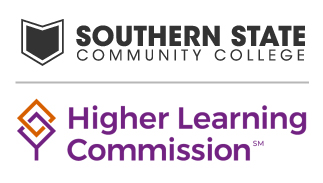
Institutional credibility is the aspect of accreditation common among all stakeholders. The extent to which various stakeholders play a role in accreditation, however, is different. You may not think so but we believe everyone plays a role in accreditation. Explore the ways you might engage in Southern State's accreditation reaffirmation and get involved for the long haul.
Students
Accreditation means more to students than to perhaps any other group. It's the reason a degree holds value in a competitive world and it's the reason financial aid is available to those seeking higher learning. Throughout the college experience, beyond the main stage of the academic classroom, there are a number of touch points where the College's quest for quality is front and center in a student's world.
You might recognize the accreditation touch points through your interaction with the Advising Center or your invitation to complete a graduate survey. Actually, there are many other aspects of your college experience where the things you do or the response you offer are directly linked to accreditation.
Faculty & Staff
Accreditation is simply the process of providing evidence of continuous quality improvement and aspirations and having those efforts validated. Making the case for quality assurance is so much a part of the College's core that it is often difficult to separate accreditation as a special project or initiative but occasionally, the College must pause to offer specific evidence to this end. Specific processes, procedures and activities are synonymous with accreditation and this is where everyone gets involved.
You might recognize some of the institutional activities directly linked to accreditation such as program review, assessment of student learning, performance evaluation and strategic planning exercises.
Community & Business
Many would suggest that higher education's accreditation model is much like the business sector's wide array of quality improvement initiatives and in many respects, they would be correct. Similar to the role of a consumer, those who benefit from Southern State's product, have an important role in informing and supporting the College's journey toward continuous quality improvement. Communities, business and otherwise, who coexist with the College have an important role ranging from information you might share to make a program stronger, tips on better preparing students for workforce demands, to offering work experience to hiring our graduates.
Your role in assisting with program needs assessments, supporting internships and coops, and service on advisory councils is critical in supporting our accreditation activities.
Accreditation Timeline

Click to enlarge image.
Making the Case for Quality Assurance
![]() The accreditation process is governed by The Criteria for Accreditation. Within the Criteria there are Criterion Statements and Core Components that ensure institutional effectiveness. Underlying the Criteria and Core Components is a set of assumptions shred by the community of practice within higher education and made explicit in the section on Assumed Practices.
The accreditation process is governed by The Criteria for Accreditation. Within the Criteria there are Criterion Statements and Core Components that ensure institutional effectiveness. Underlying the Criteria and Core Components is a set of assumptions shred by the community of practice within higher education and made explicit in the section on Assumed Practices.
The Criteria for Accreditation
- Criterion One — Mission
- The institutions mission is clear and articulated publicly; it guides the institution's operations.
- Criterion Two — Integrity: Ethical & Responsible Conduct
- In fulfilling its mission, the institution acts with integrity; its conduct is ethical and responsible.
- Criterion Three – Teaching and Learning for Student Success
- The institution demonstrates responsibility for the quality of its educational programs, learning environments and support services, and it evaluates their effectiveness in fulfilling its mission. The rigor & quality of each educational program is consistent reguardless of modality, location or other differentiating factors.
- Criterion Four — Sustainability: Institutional Effectiveness, Resources and Planning
- The institution's resources, structures, policies & procedures & planning enable it to fulfill its mission, improve the quality of its educational programs and respond to future challenges and opportunities.
The Assumed Practices
Foundational to the Criteria and Core Components is a set of practices shared by institutions of higher education in the United States. Unlike Criteria and Core Components, these Assumed Practices are (1) generally matters to be determined as facts, rather than matters requiring professional judgment and (2) unlikely to vary by institutional mission or context.
Submitted Assurance Argument
Meet the Accreditation Team
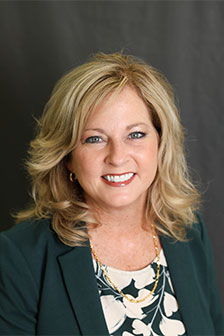 Dr. Nicole Roades
Dr. Nicole Roades- President
- 800.628.7722 x2622
- nroades@sscc.edu
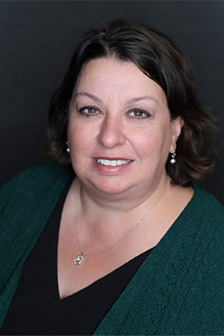 Dr. Erika Goodwin
Dr. Erika Goodwin- Vice President of Academic and Student Affairs, HLC Accreditation Liaison Officer
- 800.628.7722 x2621
- egoodwin@sscc.edu
 Dr. Jessica Wise
Dr. Jessica Wise- Dean of Instructional Operations and Interim Dean of Student Affairs
- 800.628.7722 x5510
- jwise@sscc.edu
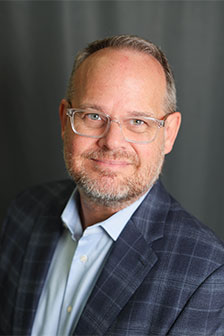 Dr. Steven Hinshaw
Dr. Steven Hinshaw- Vice President of Financial Services
- 800.628.7722 x2650
- shinshaw@sscc.edu
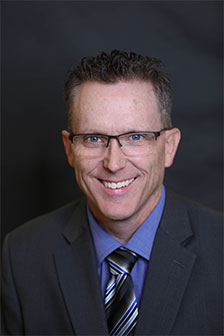 Brian Rice
Brian Rice- Vice President of Technology and Infrastructure
- 800.628.7722 x2780
 Dr. Angel Mootispaw
Dr. Angel Mootispaw- Director of Instructional Technology
- 800.628.7722 x5880
- itech@sscc.edu
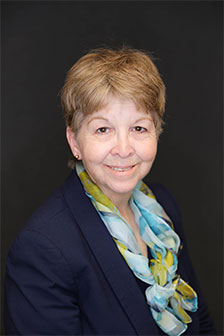 Dr. Peggy Chalker
Dr. Peggy Chalker- Dean of Transfer & Articulation and Mt. Orab Campus Director
- 800.628.7722 x2880
- pchalker@sscc.edu
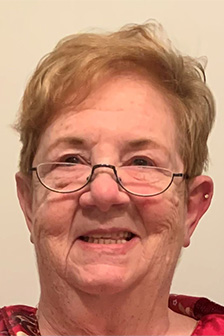 Alice Waits-Richmond
Alice Waits-Richmond- Faculty, English
- arichmond2@sscc.edu
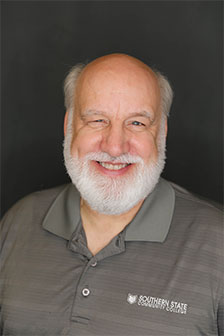 Dr. Terry Flum
Dr. Terry Flum- Faculty, Biology
- 800.628.7722 x2692
- tflum@sscc.edu
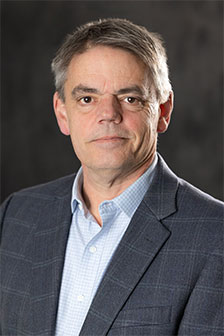 Dr. Peter Hanson
Dr. Peter Hanson- Dean of Academic Affairs
- 800.628.7722 x2630
- phanson@sscc.edu
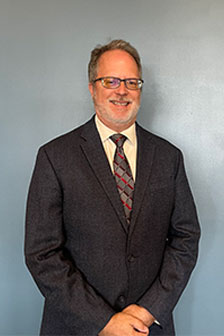 Dr. Jeff Montgomery
Dr. Jeff Montgomery- CCP Coordinator
- 800.628.7722 x2530
- jmontgomery9@sscc.edu
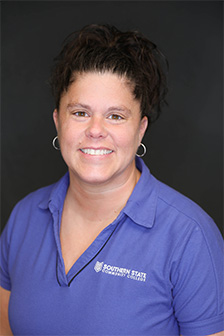 Jaime Simmons
Jaime Simmons- Director of Financial Aid
- 800.628.7722 x2811
- jsimmons@sscc.edu
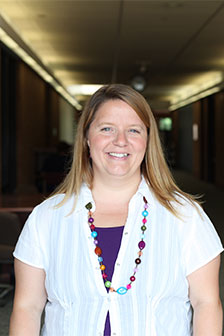 Amanda Thompson
Amanda Thompson- Registrar
- 800.628.7722 x2616
- athompson@sscc.edu
 Billie Powell
Billie Powell- Assistant Registrar
- 800.628.7722 x2614
- bpowell4@sscc.edu
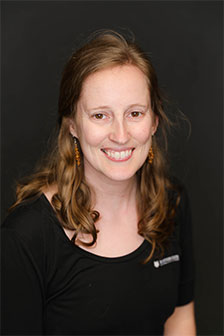 Robin Tholen
Robin Tholen- Executive Assistant to the President, Board & Foundation
- 800.628.7722 x2671
- presidentsoffice@sscc.edu
Program Accreditations
Nursing
The associate Nursing program at Southern State Community College located in Hillsboro, Ohio is accredited by the: Accreditation Commission for Education in Nursing (ACEN), 3390 Peachtree Road NE, Suite 1400 Atlanta, GA 30326, (404) 975-5000, www.acenursing.org. The most recent accreditation decision made by the ACEN Board of Commissioners for the associate nursing program is Continuing Accreditation. View the public information disclosed by the ACEN regarding this program at https://www.acenursing.org/acen-programs-05202024/southern-state-community-college
The Practical Nursing program has the full approval of the Ohio Board of Nursing.
